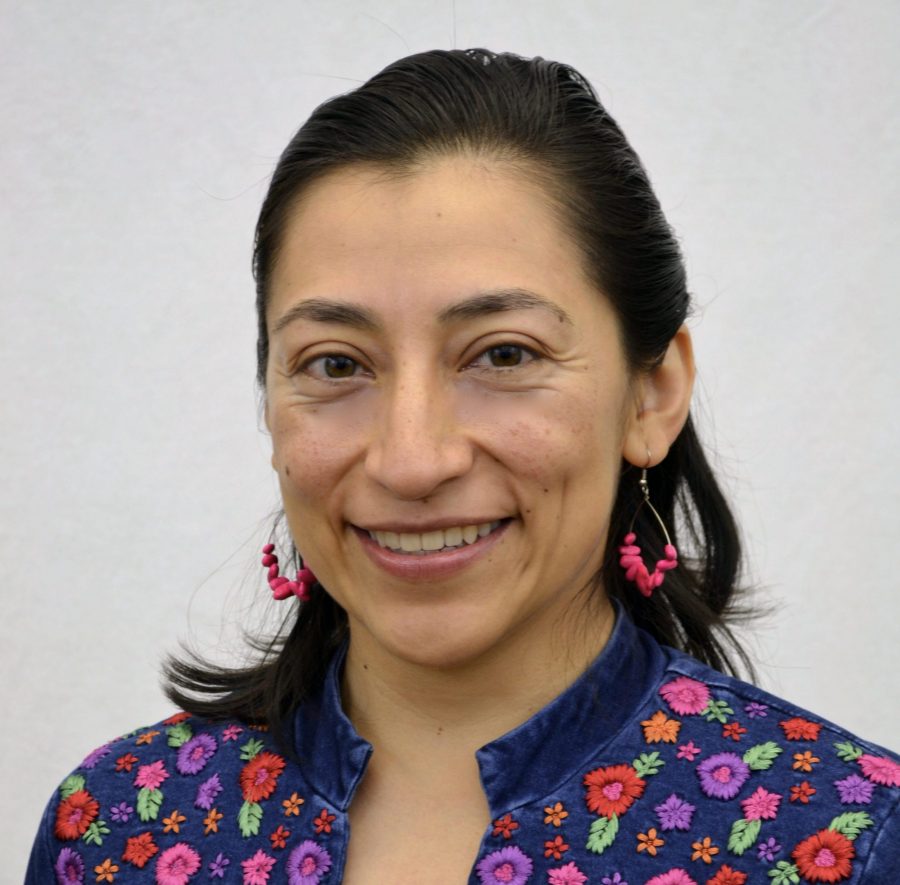Dr. Martha Sidury Christiansen, UTSA assistant professor in the department of bicultural-bilingual studies, will be traveling to Russia on April 13 for a two-week English Language Specialist project.
Christiansen is one of about 80 U.S citizens chosen each year to participate on an English Language Specialist assignment.
The project will focus on assisting Russian universities as they develop writing centers to aide English for Academic Purposes development for graduate and undergraduate students. as well as teach the academic community academic writing and research for the publication of international journals.
Even though Christiansen has spoken at conferences and held workshops before, this project is different from her previous experiences.
“This is the first time that I will be at a country attending six different universities, four different conferences and providing plenary and keynote speeches, featured workshops and consultations with university officials that are in charge of writing centers and writing programs,” Christiansen said.
Christiansen looks forward to this opportunity and the exchange of ideas. “I look forward to the discussions on intellectual rhetoric and identity in writing. One of the main focuses of my participation is to present ways in which Russian scholars can be ready to publish in international journals, many which are based in English speaking contexts.”
In addition to the exchange of ideas while working on the project, Christiansen looks forward to learning about Russian culture, a culture she knows very little about.
“I look forward to being in a place so different from me, where I don’t understand any of the linguistic systems (oral or written,” Christiansen said. “I love putting myself in those situations. I look forward to the miscommunication, unintentional cultural faux pas because that is the way I truly learn about a culture.”
While the project is an opportunity for Christiansen to learn about Russian culture and share her knowledge with those in Russia, she does anticipate challenges involving unfamiliarity of her audience. “I may have researchers, English teachers and graduate students together or separately. So it’s been a challenge to prepare for specific needs,” Christiansen said.
Christiansen also says she expects time to be a challenge. “Topics on academic writing, paraphrasing and publishing require more than an hour and a half to present and do a workshop on. It will be a challenge to provide a lot of information in an interesting, useful and practical way in such a short time.”
One thing that Christiansen does not anticipate as being a challenge is the recent political climate involving the United States and Russia. “While the Department of State is sponsoring the program, Russian universities are the hosts,” Christiansen said. “And every single delegate has been very welcoming about my visit.”
Christiansen’s experience with the English Language Specialist Project in Russia is likely to help her enhance her research and teaching just as her past experiences with linguistics and projects have helped her improve.
“My research and teaching become better when there is a cross-pollination of ideas between scholars from different kinds of institutions (such as technical or humanities) and countries,” Christiansen said.







